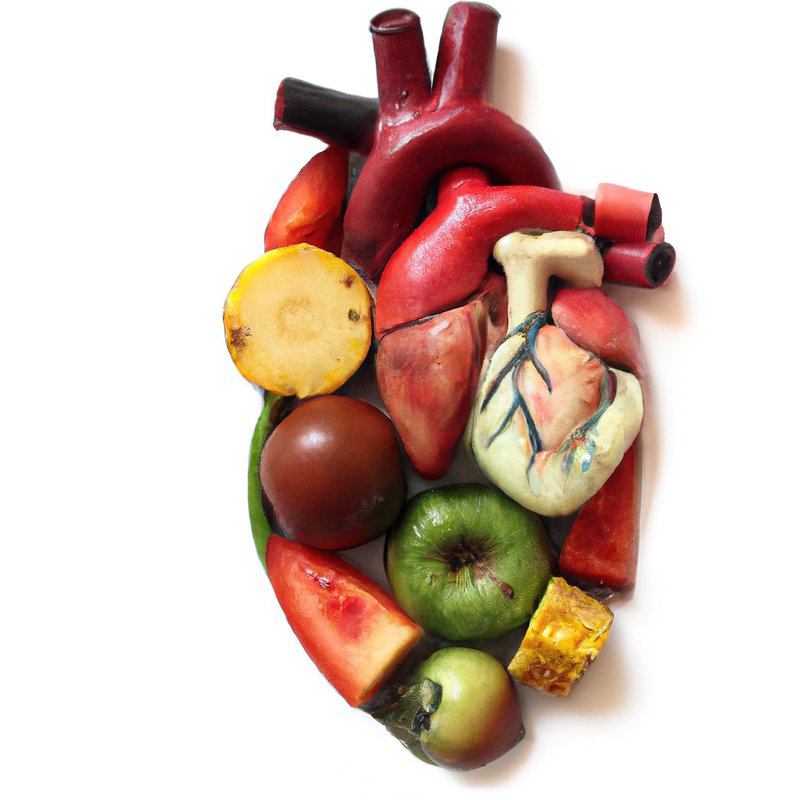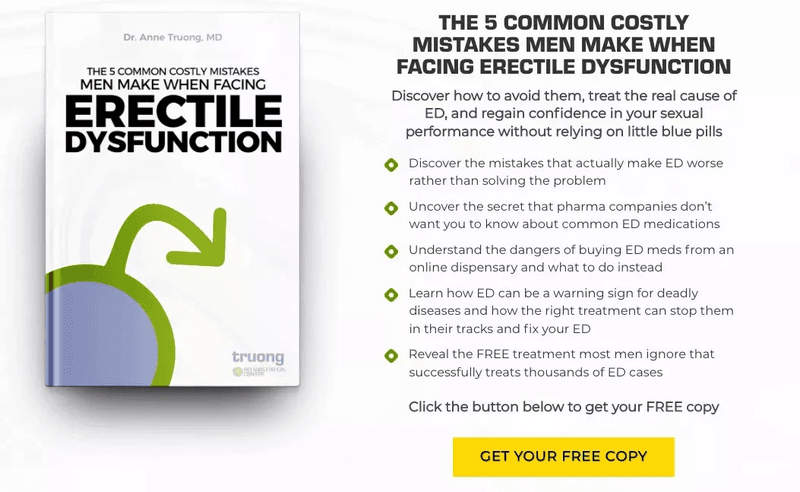ED is a condition that affects many men worldwide, and its causes can be as varied as the individuals it impacts. However, one of the less discussed but critically important contributors to ED is cholesterol. Yes, the same substance that your doctor measures during a routine health check-up can play a significant role in your sexual health.
This podcast episode dives into the relationship between cholesterols and ED. I will offer insights, preventive measures, and actionable tips to combat high cholesterol and its impact on your erection. So, join me as I explore the vital link between your heart's health and your sexual wellbeing.
- Episode Video
- What is Cholesterol
- The Connection Between Cholesterol and ED
- Managing High Cholesterol
- Final Thoughts
- FREEBIES!
Episode Video
What is Cholesterol
Cholesterol, often misunderstood, plays a vital role in our body. It's essential for producing hormones. However, an imbalance, particularly a high level of the wrong type, can lead to health complications.
Cholesterol levels are measured in milligrams per deciliter (mg/dL). The optimal levels for this is under 200.
In addition, LDL (bad cholesterols) should be under 100 and HDL (good cholesterols) at 60 or higher. HDL is beneficial as it helps remove bad cholesterols, reducing the risk of plaque buildup in arteries, a primary cause of ED.
Recognizing High Cholesterol Levels
Levels between 200-239 mg/dL for total cholesterol and 100-159 mg/dL for LDL are considered borderline high. This level pose increased risks.
Another, dangerously high levels are total cholesterol of 240 or higher and LDL of 160 or higher. This significantly impact blood flow and increase the risk of cardiovascular diseases.
The Connection Between Cholesterol and ED
High cholesterol directly contributes to ED through various mechanisms. It leads to endothelial dysfunction, atherosclerosis (plaque buildup in arteries), and reduced blood flow. Additionally, it can cause nerve damage and hormonal imbalances, further exacerbating ED.
These insights emphasize the need for regular monitoring and management to prevent not only cardiovascular diseases but also ED.
Managing High Cholesterol

Addressing high cholesterol involves comprehensive lifestyle changes. Diet plays a crucial role; reducing saturated fats found in red meats, dairy, and processed foods. In addition, increasing intake of high-fiber foods, omega-3 fatty acids, and whole grains can lower bad cholesterol levels. Regular exercise, quitting smoking, moderating alcohol consumption, and managing stress are equally important for improving overall cardiovascular health and reducing the risks of ED.
In addition, regular screenings are advised. The frequency depends on age, health history, and risk factors. Men over 60 should have annual check-ups. However, those under 60 with no significant risk factors can opt for screenings every three years.
Early detection and lifestyle modifications can reverse it, preventing severe health issues, including ED.
Final Thoughts
Understanding the link between cholesterols and ED is crucial for maintaining both heart health and sexual well-being. By adopting healthier lifestyle choices and staying informed about your levels, you can protect yourself against the unseen dangers of high cholesterol.
Remember, prevention is always better than cure. Thus, addressing cholesterol levels today can lead to a healthier, more fulfilling life tomorrow.
Additional Resources
Ready to empower your health journey? Secure your FREE PDF copy of the “5 Natural Solutions to Overcome ED” today! Dive into knowledge that could transform your life.
Want to regain control of your sex life? I'm going to give you this book and a 30 day trial on the Modern Man Club for FREE!
The book is the 5 Common Costly Mistake Men Make When Facing ED. This is how you can have a rock hard erection, enjoy more sex, be confident in demand, and improve your intimacy without ED medication. Uncover it all in my FREE eBook available to download now: The 5 Common Costly Mistakes Men Make When Facing Erectile Dysfunction.

